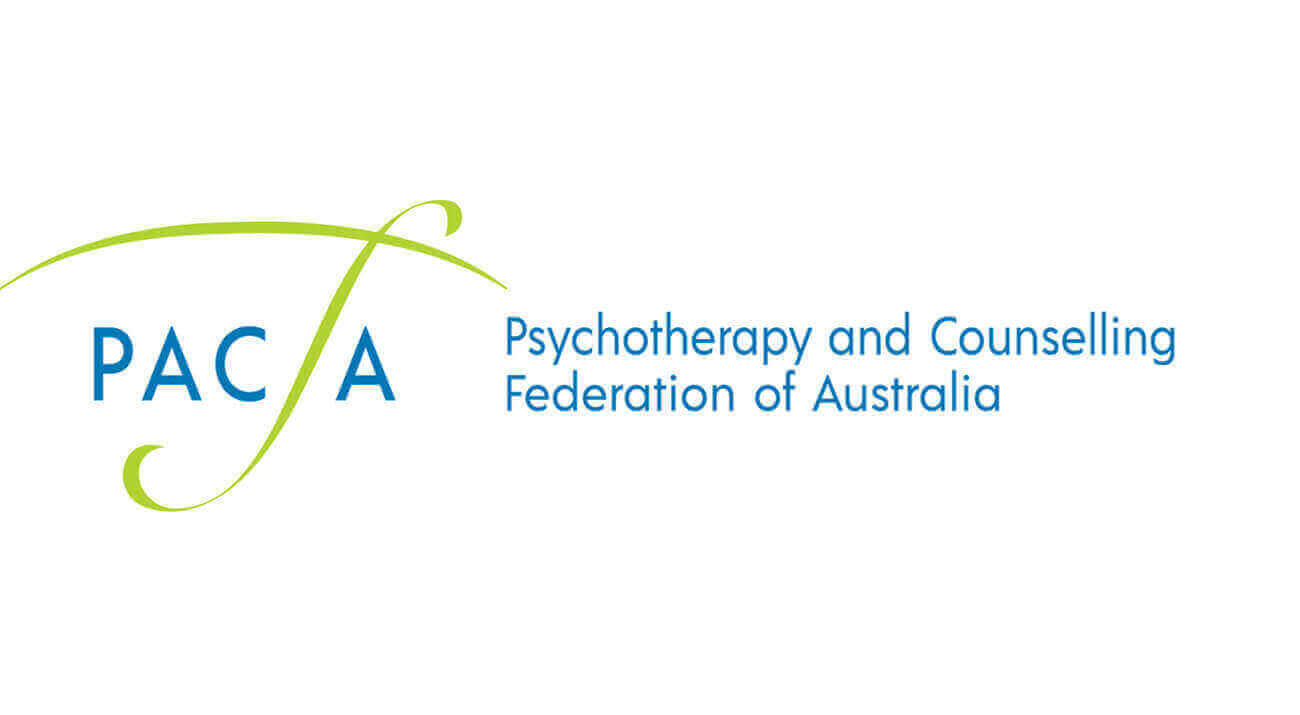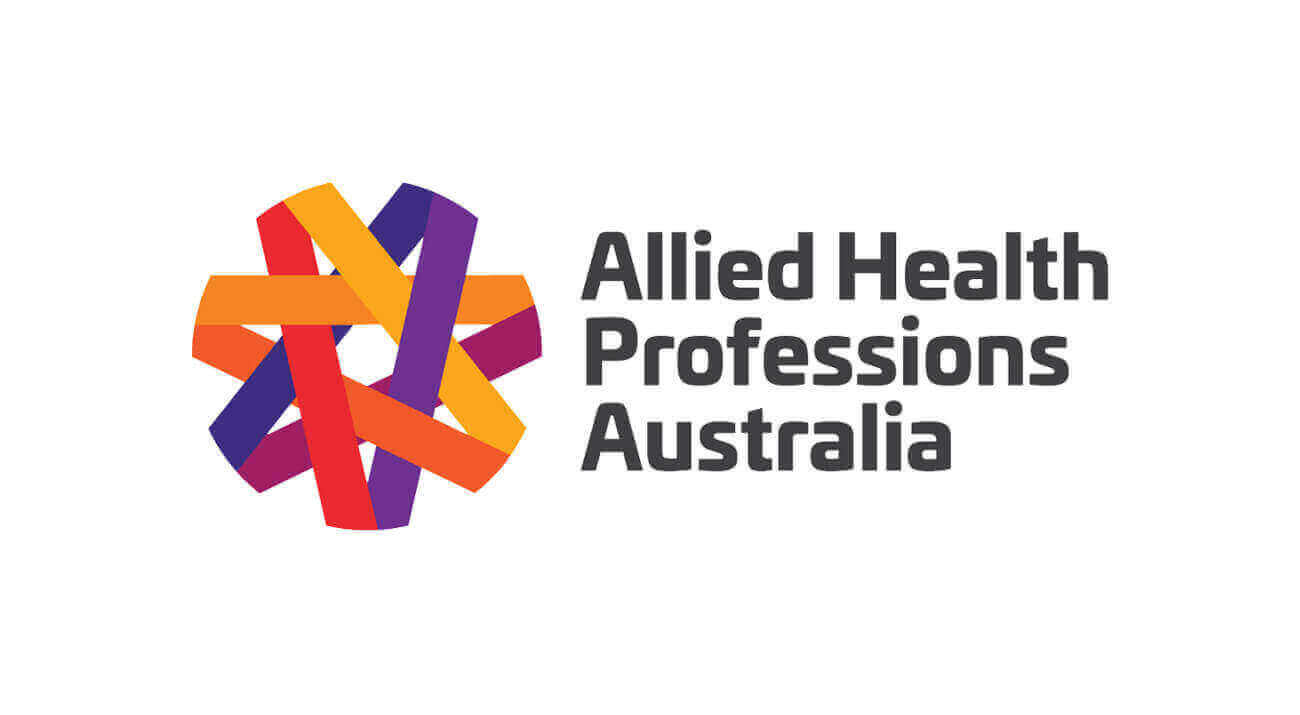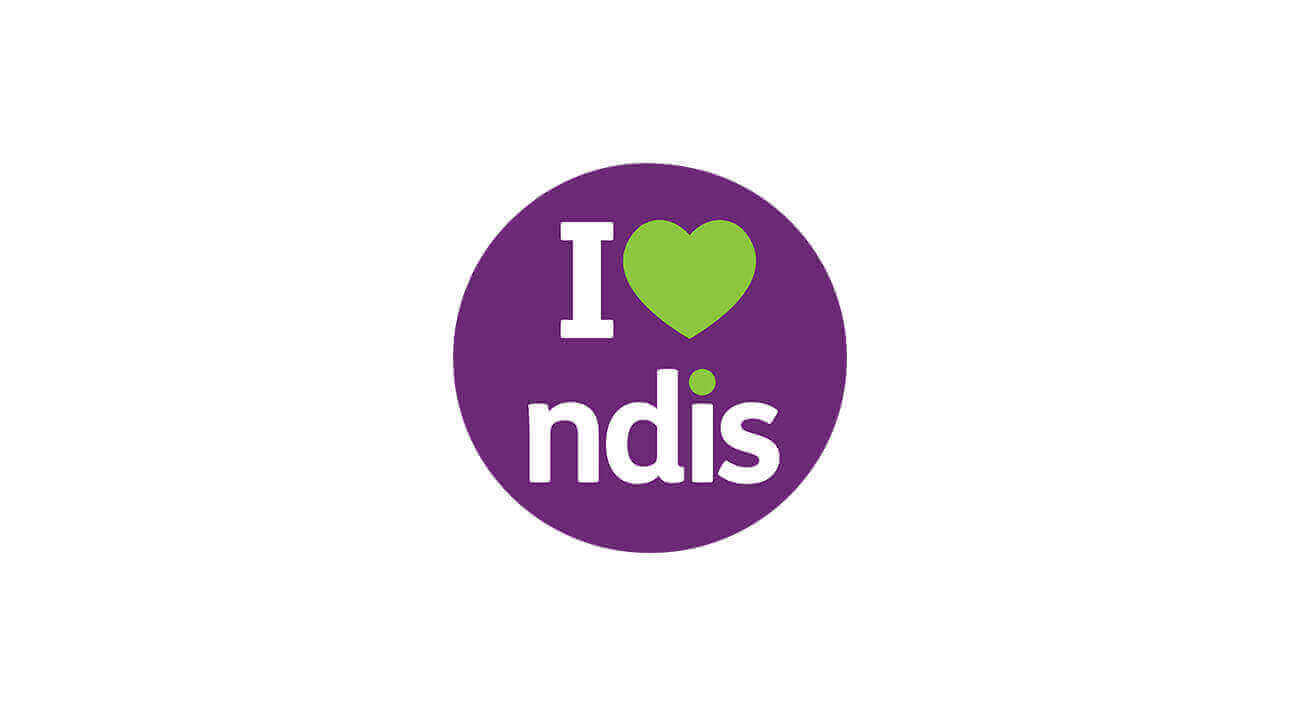Cognitive Behavioural Therapy (CBT)
CBT is a well-established and evidence-based approach to counselling that focuses on the inter-connectedness of thoughts, feelings, and behaviours. It works on the principle that our thoughts and beliefs significantly influence our emotional states and actions. When we are faced with challenges, unhelpful thought patterns can lead to distress and unproductive behaviours. CBT assists clients with the tools to identify, challenge, and modify these patterns, creating healthier coping mechanisms and emotional well-being.
Key Principles of CBT:
- Collaborative Approach: Our therapists work together with clients, creating a supportive and empowering environment. The therapeutic process involves shared goal setting and active participation from both the therapist and client.
- Focus on the Present: While acknowledging the influence of past experiences, CBT mainly concentrates on addressing current challenges and developing strategies for the future.
- Structured and Goal-Oriented: CBT is a structured and time limited approach, with clear goals and a focus on skill building. Clients actively participate in homework assignments and exercises to practice and reinforce learned techniques.
- Evidence-Based: CBT has a strong foundation in research and has been proven effective in treating a wide range of mental health concerns, including anxiety, depression, phobias, and PTSD (Post Traumatic Stress Disorder).


How Does Counselling Help?
How Does Counselling Help?
Talk and express your thoughts, personal struggles, and concerns privately in a non-judgmental environment

Who Can Benefit From Counselling?
Who Can Benefit From Counselling?
Counselling can benefit many people and assist with dealing with personal problems and challenges

The Benefits Of Having Counselling
The Benefits Of Having Counselling
Counselling gives you a different perspective on your problem to solve it effectively and positively

Reasons People Come To Counselling
Reasons People Come To Counselling
These include communication and relationship issues, stress and anxiety, feeling sad or lonely, or self-esteem issues
How CBT Can Help
- Identify and Challenge Unhelpful Thoughts: CBT helps individuals recognise and challenge negative or distorted thought patterns that contribute to emotional distress.
- Develop Coping Strategies: Clients learn practical coping skills to manage difficult situations and emotions effectively.
- Improve Problem-Solving Skills: CBT enhances problem solving abilities, enabling individuals to approach challenges with greater confidence and clarity.
- Increase Self-Awareness: CBT encourages self-reflection and understanding, allowing greater insight into one’s thoughts, feelings, and behaviours.

CBT is Suitable for
- Individuals seeking a structured and practical approach to addressing mental health challenges.
- Those who are motivated to actively participate in their therapeutic journey.
- Individuals open to exploring the connection between their thoughts, emotions, and behaviours.

Book A Session
Please note: If you contact us after hours or on weekends, then reception will contact you the next business day.


